THE Docket
My Little Law Firm
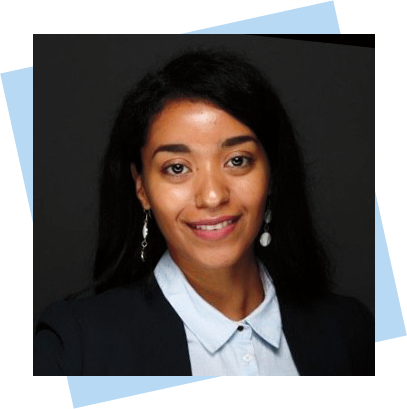
Already a practicing lawyer in France, Autier-Chanot first came to Fordham Law through the Legal English Institute before pursuing her LL.M. in 2018. She’s now started her own Paris-based firm focused on employment law, including cases related to gender discrimination in the workplace.
But her career journey was not without its hurdles, she said, including the difficulties of juggling her career and parenthood after the birth of her first child. Despite feeling that motherhood had made her a better lawyer, there were practical issues standing in her way—like childcare. She found an American Bar Association study that confirmed this was a common issue: 46 percent of women lawyers have stated work-life balance and the lack of support for family and child caretaking responsibilities as one of the main reasons why they leave the profession.
“There was no support whatsoever for women lawyers like me, who are ambitious but who also care about their children and want a more balanced life,” said Autier-Chanot. The COVID-19 pandemic exacerbated these issues and reinforced the isolation faced by women lawyers when they become mothers, said Autier-Chanot. “And that was my ‘aha’ moment.”
Autier-Chanot came up with the idea for My Little Law Firm, combining a child day care center and a co-working space designed for women lawyers. The idea is still in the early stages of development, but Autier-Chanot is confident the center would be a valuable resource for working mothers.
“I have a daughter, and if she was to be a lawyer, I would not want her to go through what I’ve been through,” says Autier-Chanot. “That’s why I would like to improve the condition of women in the legal profession. Because that’s what we’re supposed to do—make things better for the next generation.”
An Interest with Investors
“If you lost money investing in the stock market, you don’t have much legal recourse available to you, right?” Rios asked rhetorically. “No. Most investors don’t know what to do, where to go, or how to proceed with their losses.”
So, Rios teamed up with his tech-savvy brother, Quentin, to create Brios, a free web-based platform that allows investors to track their exposure in ongoing cases, contact law firms, and cooperate with one another by suggesting relevant events. The Rios brothers intend to increase cooperation between investors and law firms in the field by turning the “complexities of fraud in financial markets into a more user-friendly experience.”
“It’s the spirit in our work that’s important to us,” said Rios. “Investors who sustained losses should stand together, and we’re sending the message that we are here to help.”
Rios credits his Fordham Law education for preparing him to become an entrepreneur. “Earning an LL.M. at Fordham was an important step in my life and paved the way for me to work in the U.S.,” he said. “It was such an enriching experience, from learning U.S. laws and having real-life experiences in courts to the cultural exchange with both professors and students.”
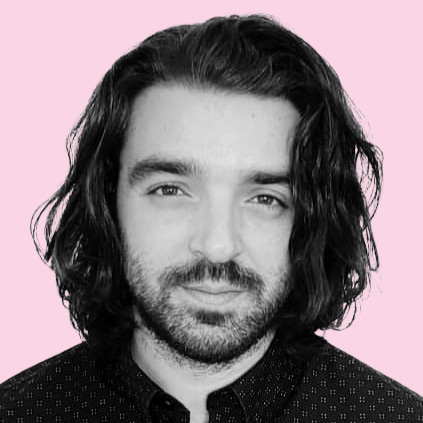
All in the Genes
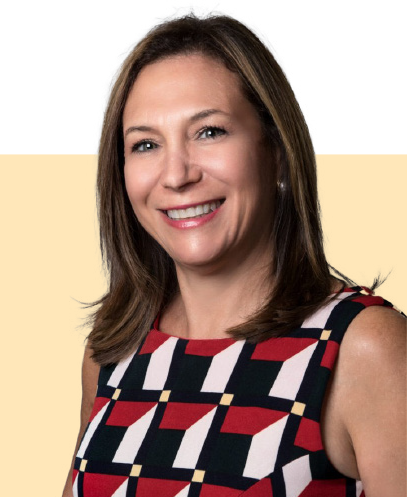
In the 1930s, Howard’s grandmother lobbied the Food and Drug Administration to approve the then-experimental drug penicillin as a treatment for her ill sister. Though the matriarch was unsuccessful in her efforts—the FDA approved the use of the drug in 1945—Howard finds it “fortuitous” to be working in the same industry her grandmother sought to change.
“It must be in our genetics that we fight for what we believe in and to do what we can do,” said Howard, whose clients at Cohen Howard, the firm she co-founded, are specialists—many of them plastic and reconstructive surgeons who perform complex reconstruction for breast cancer patients. Specializing in medical reimbursements, Howard and her firm are currently in the trenches, working on behalf of out-of-network healthcare providers to level the playing field with insurance companies while also, in the process, creating favorable case law that helps patients’ wallets and keeps the most qualified and skilled specialty surgeons’ practices afloat. Cohen Howard is also working on a handful of class action lawsuits to raise awareness about certain egregious tactics some insurance companies use that are impeding fair reimbursements to providers for services rendered to their patients.
“My grandmother didn’t succeed, but I think she definitely could sleep at night knowing what she did to advocate for her sister and others like her,” Howard added. “Her story resonates with me as I try to do the same.”
Commited to New York City
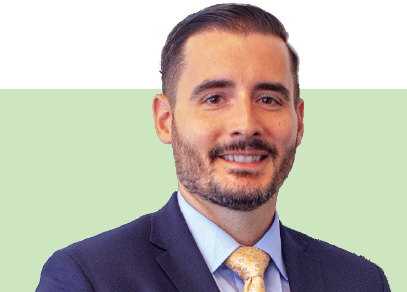
In April 2022, after Fitzpatrick had served for 10 years as an NYPD attorney counseling counterterrorism and privacy matters, New York City Mayor Eric Adams named him the City’s chief privacy officer. In this role, Fitzpatrick establishes and implements citywide privacy policies and oversees city agencies’ handling of identifying information. He also works closely with the City’s Chief Information Security Officer Kelly Moan to align citywide privacy and information security policies and practices, as well as jointly investigate potential security and privacy incidents.
“It’s extremely gratifying to be involved in work that builds trust with New Yorkers on how the city is collecting, sharing, using, and protecting identifying information,” said Fitzpatrick. “Continuing to grow and strengthen that partnership between our offices, as well as scaling that work citywide for our privacy and information security counterparts at each agency, is one of my top priorities.”
Alongside his day-to-day duties for the city, Fitzpatrick is also serving a three-year term on the U.S. Department of Homeland Security’s Data Privacy and Integrity Advisory Committee. “Each of my committee colleagues brings a unique expertise in privacy, security, and emerging technologies, as we work collaboratively to develop privacy guidance requested by DHS,” said Fitzpatrick. “The privacy profession often requires assessment of novel issues, and the perspectives offered by my committee colleagues help make me a stronger privacy professional—and, ultimately, a stronger CPO for New York City.”
Finding Purposeful Work
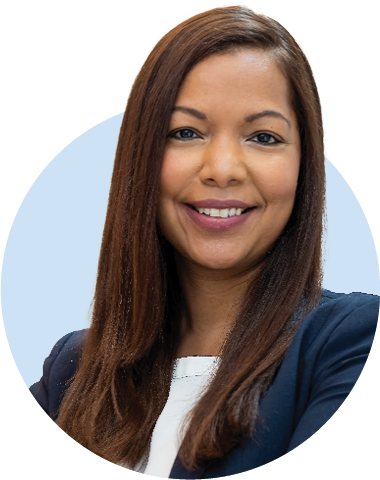
To do so, Morales ensures that verbal commitments translate into action by having clear goals, accountability, implementation, and collaboration from key stakeholders. “DEI initiatives used to be seen as just hosting related events,” said Morales. “Inclusivity is more important than ever. The question we need to ask is ‘How do we create and cultivate change to help the new generation of lawyers?’”
Hogan Lovells was recently awarded Mansfield Certified Plus status for its efforts to boost representation of historically underrepresented lawyers in law firm leadership by broadening the pool of candidates considered for these opportunities beyond the 30% threshold. Recognizing the importance of implementing processes that reflect the change sought, the law firm also adopted 30% as a baseline for its pitch policy.
Said Morales, “It’s about going beyond what we’re being asked to do and making sure all departments—from human resources and hiring to marketing—think about and integrate DEI into their strategies.”
Justice for Victims of Aviation Disasters
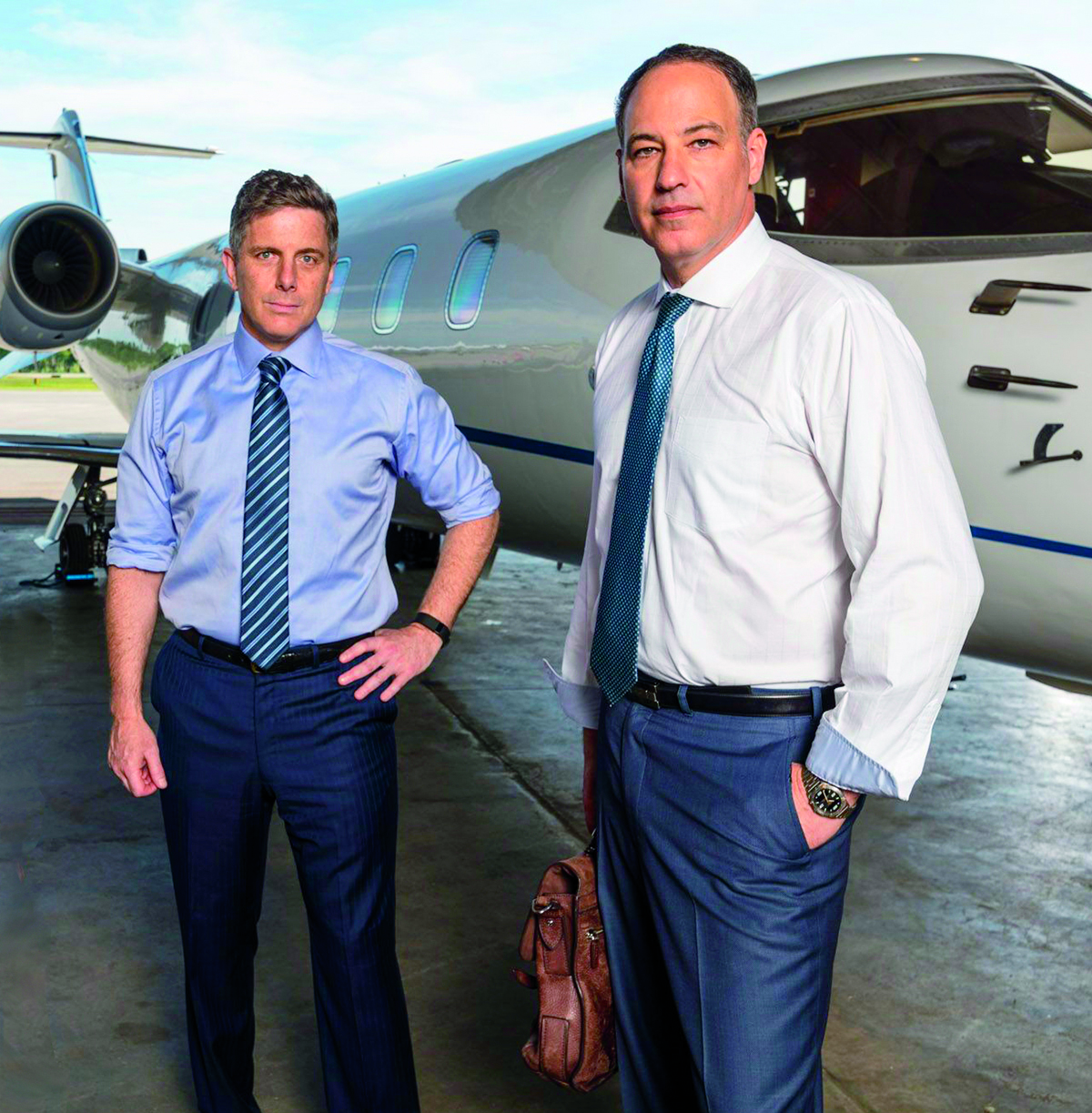
More than 25 years into their careers, they are now close friends—as well as co-counsel representing the families of the victims of one of the most high-profile aviation disasters in recent memory.
The 2019 crash of the Boeing 737 MAX in Ethiopia, which left 157 people dead, was a “one of a kind” case, said Rose. He and Green are a part of the plaintiffs’ executive committee, where they have had notable success in the process of winning fair compensation for victim’s families.
A recent Amazon documentary, Flight/Risk, showcased their involvement in the case, and both are widely considered experts in their field. Their boutique firm has had an outsized impact on disaster litigation and is home to several other Fordham alums.
“We’ve handled hundreds of plane crashes, be it commuter, business, military, [or] private,” said Rose. “We represent families and victims, which is difficult but ultimately very rewarding.”
The connection to victims and their experiences is central to the work. “I have all these people in my head,” said Green. “I’ve read everything they ever wrote and looked at every picture that’s been taken of them—but I’ve never met them, because they were killed in a plane crash. I’ve only met them through their families. The trust that [victims’ families] put in me and the rest of our team to, essentially, speak for them and their loved ones is a great honor.”
The Scientific Method
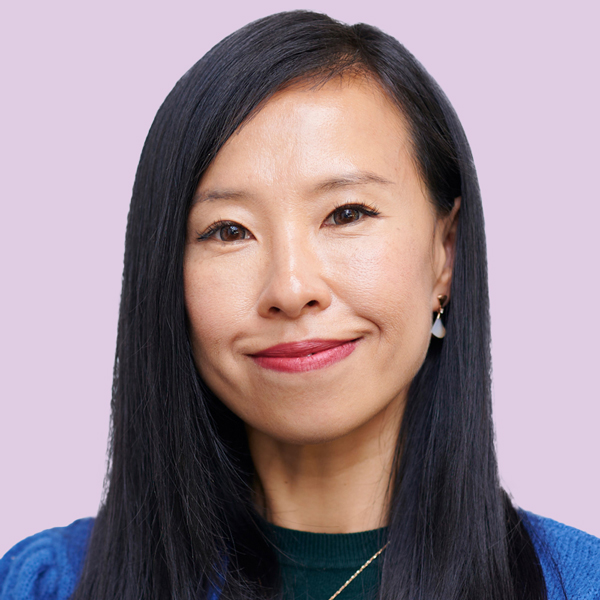
“I really love biology… the desire to learn more areas of biology drove me to explore opportunities outside the academic world,” she said.
After some research and talking to friends practicing law, Dulkeith realized she could apply her interest in life science in a much broader way by pursuing a career as a patent attorney. In the meantime, she tested her hypothesis by working as a science advisor at Goodwin Procter before applying to the evening program at Fordham Law.
While at Fordham, Dulkeith had the chance to take IP, copyright, and patent litigation courses and got to know other Fordham Law alumni working in patent law, including Jones Day partner and adjunct professor John Normile ’88.
Now, as of counsel at Jones Day, Dulkeith says she’s thrilled with her decision to make this career transition.
“In the more than 15 years since I started the legal profession, I really appreciate that there is no sacrifice of my passion and love for life sciences,” she said. “On the contrary, I was able to work on a variety of areas and topics. It’s [been] fascinating.”
Journey to Litigation
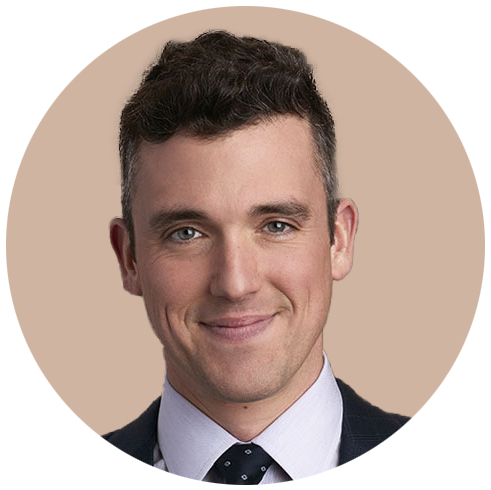
“Sri Lanka is a beautiful country with incredible people, so it was a great place to be for a year,” said Kenny. He cultivated his interest in East Asian religions by spending time studying Sanskrit and Buddhism through field study in temples and meditation centers.
In the end, Kenny’s intellectual exploration led him to pursue law, and he eventually found himself at Fordham Law as an evening student. After graduating, Kenny began an associate position at Wiggin and Dana, where he was recently made partner.
Today, he practices fiduciary, construction, and general commercial litigation throughout New York’s state and federal courts. He has also represented clients in domestic and international arbitrations and argued before New York’s Appellate Divisions and the U.S. Court of Appeals.
However, his early experiences as a Fulbright scholar have left a lasting impact on him. “Studying Buddhism and world religions in general … really gave me a different perspective on the world,” said Kenny. “Generally, I think it’s helped me develop certain skills, such as a level of empathy and understanding, that I try to bring into every facet of my practice, including my dealings with clients
or adversaries.”